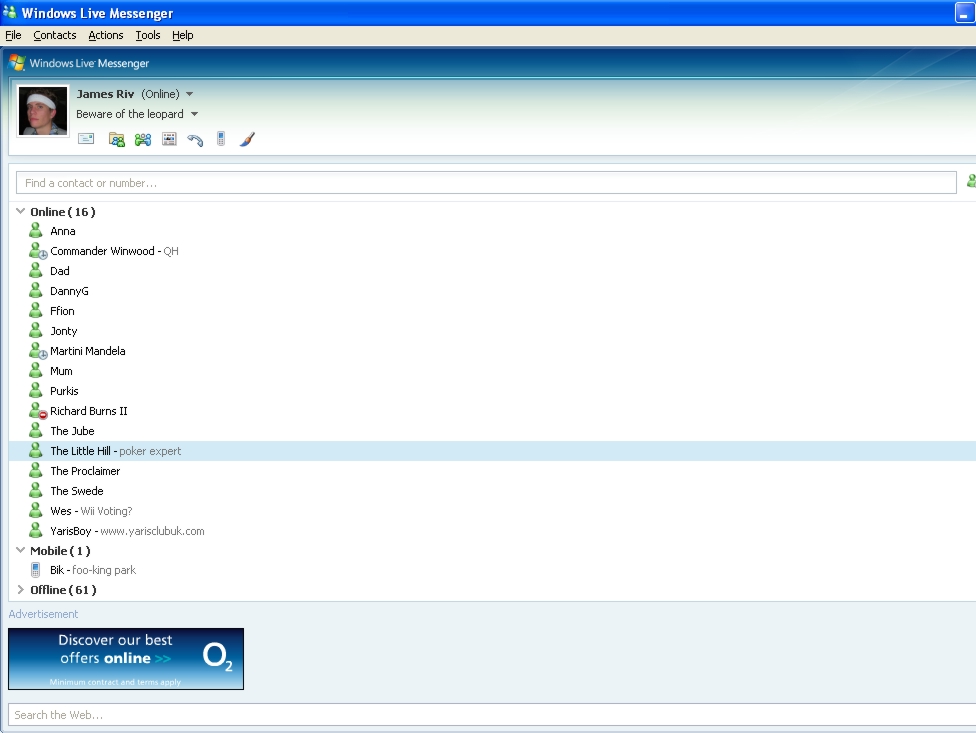US opens up web communications with Cuba, Iran and Sudan
IM, web browsing and more

The US is set to allow instant messaging, web browsing and other communications tech in Cuba, Iran and Sudan, in a move to help promote freedom of speech.
The US Treasury department follows last June's elections in Japan which saw anti-regime protestors using Twitter, YouTube and Facebook.
The same anti-regime organisations have continued to use new communications technologies to organise demonstrations against the government and to communicate the news from inside Iran with western journalists.
Opening up lines of communication
"The issuance of these general licences will make it easier for individuals in Iran, Sudan and Cuba to use the internet to communicate with each other, and with the outside world," Deputy Treasury secretary Neal Wolin said.
Wolin added that these latest actions: "Will enable Iranian, Sudanese and Cuban citizens to exercise their most basic rights. As recent events in Iran have shown, personal internet-based communications like email, instant messaging and social networking are powerful tools.
"This software will foster and support the free flow of information - a basic human right - for all Iranians."
Get daily insight, inspiration and deals in your inbox
Sign up for breaking news, reviews, opinion, top tech deals, and more.
Congress is also considering banning government contracts with companies that sell snooping tech to the Iranian regime which allows them to monitor citizens' internet use.
Both Nokia and Siemens have sold such technology to Iran in the past.
Via The Guardian
